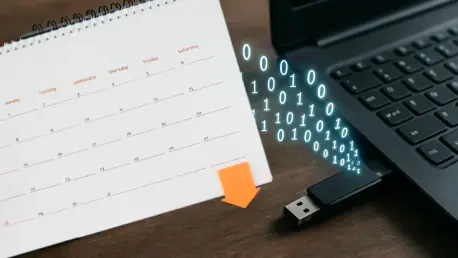
As modern society becomes increasingly dependent on interconnected devices, the silent, invisible computers embedded within critical infrastructure—from power grids and medical devices to autonomous vehicles and industrial robotics—have emerged as a significant and often unprotected attack surface.

While the cybersecurity world directs its gaze toward sophisticated, AI-specific attacks like prompt injection and model poisoning, a more familiar and immediate danger is quietly undermining the integrity of intelligent systems from within. The rush to deploy advanced AI has created a blind spot

The seemingly innocuous calendar invitation popping up on your screen could now be a Trojan horse concealing a dormant payload designed to trick your trusted AI assistant into systematically exfiltrating your most private data. In a startling revelation, security researchers have uncovered a

The digital keys to our professional lives, once considered just one piece of a complex security puzzle, have now become the master key sought by cybercriminals above all else. A fundamental transformation in the cyber threat landscape has occurred, shifting the primary battleground from corporate

The sudden resignation email from the Chief Information Security Officer landed in the CEO's inbox just weeks before a major product launch, sending a shockwave of instability through an already high-stakes environment. This scenario, once an anomaly, is now an alarmingly common occurrence in

The multi-billion dollar commercial spyware industry has long operated on a carefully constructed narrative of plausible deniability, asserting that it only provides sophisticated surveillance tools for governments to fight existential threats like crime and terror. This public posture paints a